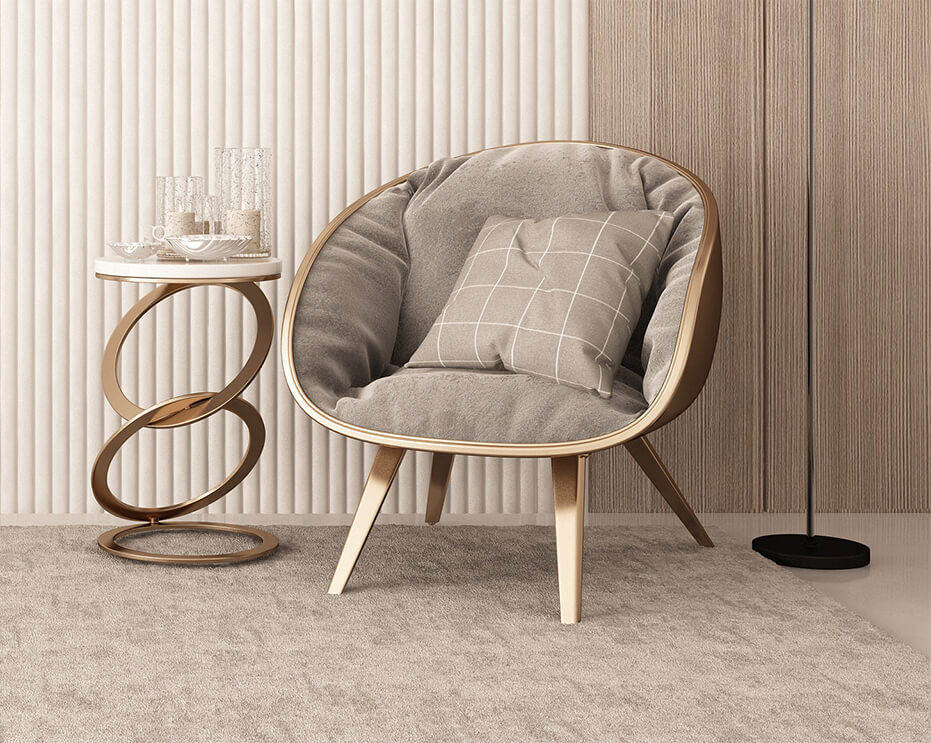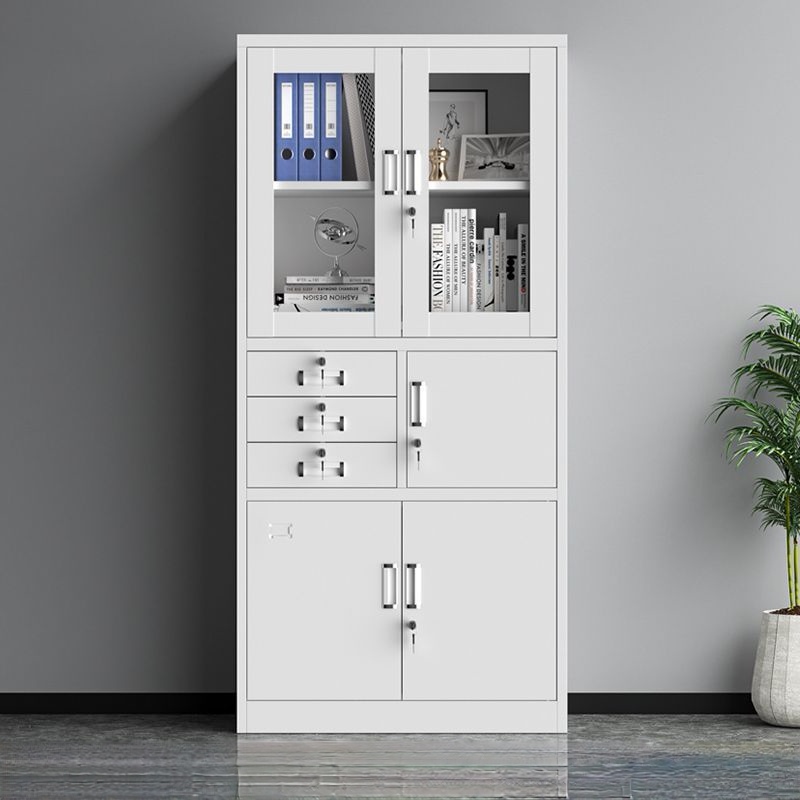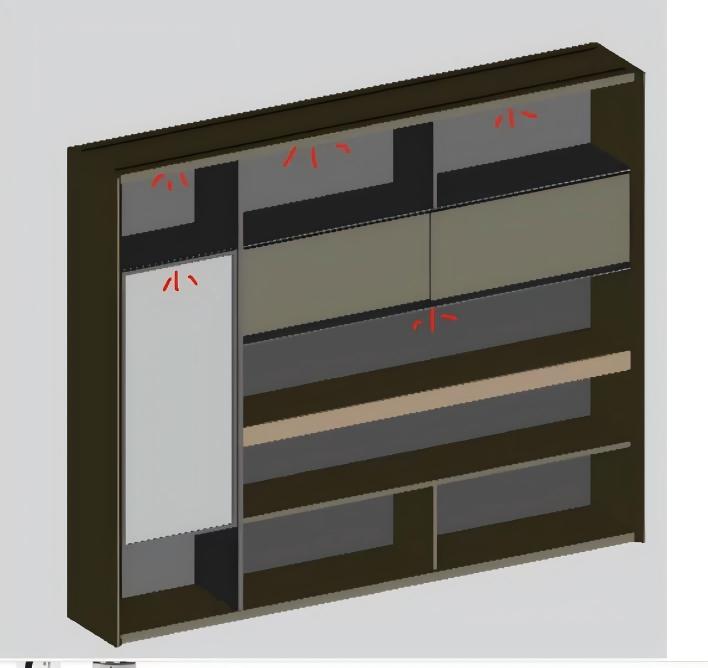
- Home
- >
- News
- >
- Company News
The Furniture Industry: Innovation, Sustainability, and Evolving Lifestyles
2025-07-17 23:09
The furniture industry is a dynamic and multifaceted global sector that blends artistry, functionality, and technology to meet diverse consumer needs. From residential to commercial spaces, furniture serves as both a practical necessity and an expression of personal style and cultural trends. Historically centered around craftsmanship and traditional materials like wood and metal, the industry has evolved to embrace innovative manufacturing techniques, digital design tools, and sustainable practices. Today, it balances mass production efficiency with growing demand for customization, quality, and eco-consciousness.
A key driver of change in the industry is sustainability. Consumers and regulators increasingly prioritize environmentally friendly products, pushing manufacturers to adopt recycled materials, reduce carbon footprints, and ensure ethical sourcing. Modular and multifunctional designs are also gaining popularity, addressing urban living constraints by maximizing space efficiency. Additionally, the rise of e-commerce has transformed how furniture is marketed, sold, and delivered, with virtual reality and augmented reality tools enabling customers to visualize products in their spaces before purchasing.
Technological advancements continue to reshape production and design processes. Automation and robotics enhance precision and reduce waste, while 3D printing allows for unprecedented customization and rapid prototyping. Smart furniture—embedded with technology for connectivity and adaptability—is emerging as a niche yet expanding market, catering to modern lifestyles driven by convenience and digital integration.
Despite challenges such as supply chain disruptions and fluctuating raw material costs, the industry remains resilient and adaptive. As workplaces evolve with hybrid models and homes multifunction as offices, gyms, and sanctuaries, furniture design increasingly focuses on versatility, comfort, and well-being. The future of the industry lies in its ability to innovate while staying grounded in timeless principles of quality, aesthetics, and functionality.
In essence, the furniture industry reflects broader societal shifts, responding to changing tastes, sustainability imperatives, and technological possibilities. It continues to shape—and be shaped by—the ways people live, work, and interact with their environments.









